Fungitend Tablet
MRP ₹250
(Inclusive of all Taxes)
₹37.5 Cashback (15%)
Provide Delivery Location
Online payment accepted
 Prescription drug
Prescription drugWhats That
Composition :
Manufacturer/Marketer :
Consume Type :
Return Policy :
About Fungitend Tablet
Fungitend Tablet belongs to a class of drugs called antifungals indicated to treat various systemic fungal infections such as blastomycosis (infection caused by Blastomyces fungus), chromomycosis (chronic infection of the skin and subcutaneous tissue), Coccidioidomycosis (infection caused by Coccidioides fungus), paracoccidioidomycosis (infection caused by Paracoccidioides fungus) and histoplasmosis (lung infection caused by Histoplasma fungus). It is used only when other effective antifungal therapies are not available or tolerated and if potential benefits outweigh potential risks.
Fungitend Tablet contains Ketoconazole which works by destroying fungal cell membranes that are essential for their survival as they prevent the entry of unwanted substances into the cells and stop the leakage of cell contents. Thus, kills fungi and treats the fungal infection.
Take Fungitend Tablet as prescribed. Your doctor will advise you on how often you need to take Fungitend Tablet based on your medical condition. Some people may experience headache, nausea, stomach pain, and diarrhoea. Most of these side effects of Fungitend Tablet do not require medical attention and gradually resolve over time. However, if the side effects persist or worsen, please consult your doctor.
If you are allergic to Ketoconazole or any other medicines, please tell your doctor. If you are pregnant or planning for pregnancy, inform your doctor before taking Fungitend Tablet. Avoid breastfeeding while taking Fungitend Tablet as it may be excreted in breast milk. You are recommended to avoid alcohol consumption whilst on treatment with Fungitend Tablet. Fungitend Tablet is not recommended for children below 2 years of age. For children above 2 years, it is recommended to use only if the doctor has determined that the benefits outweigh the risks.
Uses of Fungitend Tablet
Directions for Use
Key Benefits
Fungitend Tablet is an antifungal used to treat severe fungal infections. It is used only when other effective antifungal therapies are not available or tolerated and if potential benefits outweigh potential risks. It destroys fungal cell membranes that are essential for their survival as they prevent the entry of unwanted substances into the cells and stop the leakage of cell contents. Thus, kills fungi and treats the fungal infection.
Storage
- Inform your doctor about the nausea and discuss possible alternatives to the medication or adjustments to the dosage.
- Divide your daily food intake into smaller, more frequent meals to reduce nausea.
- Opt for bland, easily digestible foods like crackers, toast, plain rice, bananas, and applesauce.
- Avoid certain foods that can trigger nausea, such as fatty, greasy, spicy, and smelly foods.
- Drink plenty of fluids, such as water, clear broth, or electrolyte-rich beverages like coconut water or sports drinks.
- Use ginger (tea, ale, or candies) to help relieve nausea.
- Get adequate rest and also avoid strenuous activities that can worsen nausea.
- Talk to your doctor about taking anti-nausea medication if your nausea is severe.
- Record when your nausea occurs, what triggers it, and what provides relief to help you identify patterns and manage your symptoms more effectively.
Drug Warnings
If you are allergic to Ketoconazole or any other medicines, please tell your doctor. If you are pregnant or planning for pregnancy, inform your doctor before taking Fungitend Tablet. Avoid breastfeeding while taking Fungitend Tablet as it may be excreted in breast milk. You are recommended to avoid alcohol consumption with Fungitend Tablet. If you have a loss of appetite, tiredness, stomach pain, vomiting, yellowing of skin or eyes, dark urine, or light-coloured stools, inform your doctor immediately as they might be symptoms of hepatotoxicity (liver damage).
Drug-Drug Interactions
Drug-Drug Interactions
Login/Sign Up
Taking Fungitend Tablet and Disopyramide together can increase the risk of irregular heart rhythm.
How to manage the interaction:
Taking Fungitend Tablet with Disopyramide is not recommended as it can cause an interaction, it can be taken if a doctor has advised it. However, if you experience any symptoms like dizziness, irritation, confusion, chest pain or tightness, swelling, fatigue, palpitations, shortness of breath, you should contact a doctor immediately. Do not stop using any medications without talking to a doctor.
Co-administration of Alprazolam with Fungitend Tablet may considerably increase the blood levels of Alprazolam, which may result in side effects.
How to manage the interaction:
Although there is an interaction between Alprazolam and Fungitend Tablet, it can be taken if prescribed by a doctor. Consult a doctor if you experience excessive or prolonged drowsiness or difficulty in breathing. Do not discontinue any medications without consulting a doctor.
Coadministration of Lovastatin with Fungitend Tablet can increase the risk of liver damage, rhabdomyolysis (the breakdown of skeletal muscle tissue) which may lead to kidney damage.
How to manage the interaction:
Taking Fungitend Tablet with Lovastatin is not recommended as it can cause an interaction, it can be taken if a doctor has advised it. However, if you experience symptoms like unexplained muscular pain, tenderness, weakness, accompanied by fever, dark urine or unexpected bruising or bleeding, skin rash, itching, vomiting, yellowing of the skin or eyes, chills, joint pain, swelling, consult a doctor immediately. Do not discontinue any medication without consulting a doctor.
Coadministration of Fungitend Tablet with Eplerenone can increase the levels of blood potassium which can lead to kidney damage and irregular heart rate.
How to manage the interaction:
Taking Fungitend Tablet with Eplerenone is not recommended as it can result in an interaction, but it can be taken if a doctor has advised it. However, if you notice any symptoms of headaches, irritation, confusion, edema (swelling caused by too much fluid accumulation), weakness, palpitations, or constipation, you should contact a doctor immediately. Do not stop using any medications without the doctor's advice.
When Tolvaptan is taken with Fungitend Tablet, may increase the risk of side effects.
How to manage the interaction:
Taking Tolvaptan with Fungitend Tablet is not recommended as it can lead to an interaction, it can be taken if prescribed by a doctor. However, if you notice any of these signs -difficulty swallowing, trouble speaking, muscle weakness, trouble controlling body movements, confusion, mood changes, seizures, call a doctor right away. Do not stop using any medications without a doctor's advice.
Using conivaptan together with Fungitend Tablet may significantly increase the blood levels of conivaptan, which may increase the risk of side effects.
How to manage the interaction:
Taking Fungitend Tablet with Conivaptan is not recommended as it can cause an interaction, but it can be taken if prescribed by the doctor. However, if you experience difficulty swallowing, trouble speaking, muscle weakness, trouble controlling body movements, confusion, mood changes, seizures(fits), consult the doctor immediately. Do not discontinue any medication without consulting a doctor.
Using Fungitend Tablet with Methylergometrine can increase the concentration of Methylergometrine, which may lead to side effects.
How to manage the interaction:
Taking Fungitend Tablet with Methylergometrine is not recommended as it can cause an interaction, but it can be taken if prescribed by the doctor. Do not discontinue any medication without consulting a doctor.
When Nisoldipine is taken with Fungitend Tablet, it can increase the blood levels of Nimodipine which may lead to serious side effects (irregular heart rhythm, fluid retention, swelling, and extremely low blood pressure).
How to manage the interaction:
Taking Fungitend Tablet with Nisoldipine can cause an interaction, but it can be taken if prescribed by the doctor. However, if you experience irregular heart rhythm, fluid retention, swelling, and extremely low blood pressure while using these medications, consult the doctor. Do not stop using any medications without talking to a doctor.
Co-administration of ticagrelor with Fungitend Tablet can cause severe bleeding.
How to manage the interaction:
Taking Ticagrelor with Fungitend Tablet is not recommended as it can cause an interaction, it can be taken if prescribed by the doctor. However, if you experience any unusual bleeding or bruising, swelling, vomiting, blood in your urine or stools, headache, dizziness, or weakness, contact a doctor immediately. Do not discontinue any medications without consulting a doctor.
When Regorafenib is taken with Fungitend Tablet, it can increase the levels of Regorafenib, which may lead to side effects.
How to manage the interaction:
Taking Regorafenib with Fungitend Tablet is not recommended as it can cause an interaction, but it can be taken if prescribed by the doctor. Do not stop using any medications without talking to a doctor.
Drug-Food Interactions
Drug-Food Interactions
Login/Sign Up
Grapefruit Juice, Grapefruit
How to manage the interaction:
Consumption of grapefruit or its juice with Fungitend Tablet may result in side effects such as joint pain or swelling, unusual bleeding or bruising, skin rash, itching, loss of hunger, dark urine, light colored stools, and yellowing of the skin or eyes. Avoid consuming grapefruit, grapefruit juice, or any supplements that include grapefruit extract while taking Fungitend Tablet.
Diet & Lifestyle Advise
- Avoid high-risk areas such as renovated buildings, construction sites, pigeon or chick coops, and caves.
- Wear a respiratory mask when there is a risk of exposure to spores.
- People with a weak immune system are advised to avoid activities that involve close contact with dust or dirt including digging, yard work, and gardening.
- Close windows and stay inside during dust storms.
- Clean skin injuries well with soap and water to reduce the risk of developing a skin infection.
Side Effects of Fungitend Tablet
- Headache
- Nausea
- Stomach pain
- Diarrhoea
Habit Forming
Therapeutic Class
All Substitutes & Brand Comparisons
RX
Out of StockFurid 200mg Tablet
Medo Chem Laboratories Pvt Ltd
₹85
(₹7.65 per unit)
66% CHEAPERRX
Caspino 200 mg Tablet 10's
Mlt Laboratories Pvt Ltd
₹135
(₹12.15 per unit)
46% CHEAPERRX
Myket 200 mg Tablet 10's
Kivi Labs Ltd
₹136.5
(₹12.29 per unit)
45% CHEAPER
Author Details
We provide you with authentic, trustworthy and relevant information
Drug-Diseases Interactions
Drug-Diseases Interactions
Login/Sign Up
FAQs
Drug-Drug Interactions Checker List
- QUINIDINE
- DOFETILIDE
- PIMOZIDE
- OMEPRAZOLE
- CISAPRIDE
- SIMVASTATIN
- LOVASTATIN
- DIHYDROERGOTAMINE
- ERGOTAMINE
- NISOLDIPINE
- EPLERENONE
- ALPRAZOLAM
- TRIAZOLAM
- MIDAZOLAM
Disease/Condition Glossary
Systemic fungal infections are fungal infections that affect internal organs. The fungus lives in the environment, particularly in moist soil and in decomposing organic matter such as leaves and wood. Fungi enter the body via the paranasal sinuses, gut, lungs, or skin, and may spread to other organs. If these infections are not treated with appropriate therapy or if treatment is delayed, it may lead to medical emergencies. The symptoms of systemic fungal infection in people with normal immune function include cough, fever, or loss of appetite. It can also affect people who are immune compromised.

Have a query?
Alcohol
Safe if prescribed
Avoid consumption of alcohol while taking Fungitend Tablet as it may increase the risk of liver damage and cause adverse effects.
Pregnancy
Consult your doctor
Fungitend Tablet is a Category C pregnancy drug and is given to pregnant women only if the doctor thinks the benefits outweigh the risks.
Breast Feeding
Consult your doctor
Fungitend Tablet may be excreted in breast milk. Therefore, it is recommended to avoid breastfeeding while taking Fungitend Tablet.
Driving
Safe if prescribed
Fungitend Tablet may cause dizziness or drowsiness. Therefore, drive only if you alert after taking Fungitend Tablet.
Liver
Consult your doctor
Fungitend Tablet is contraindicated in patients with chronic or acute liver disease. Therefore, inform your doctor if you have any Liver diseases/conditions.
Kidney
Consult your doctor
If you have any concerns regarding the use of Fungitend Tablet in patients with kiver diseases/conditions, consult a doctor.
Children
Safe if prescribed
Fungitend Tablet is not recommended for children below 2 years of age. For children above 2 years, it is recommended to use only if the doctor has determined that benefits outweigh risks.




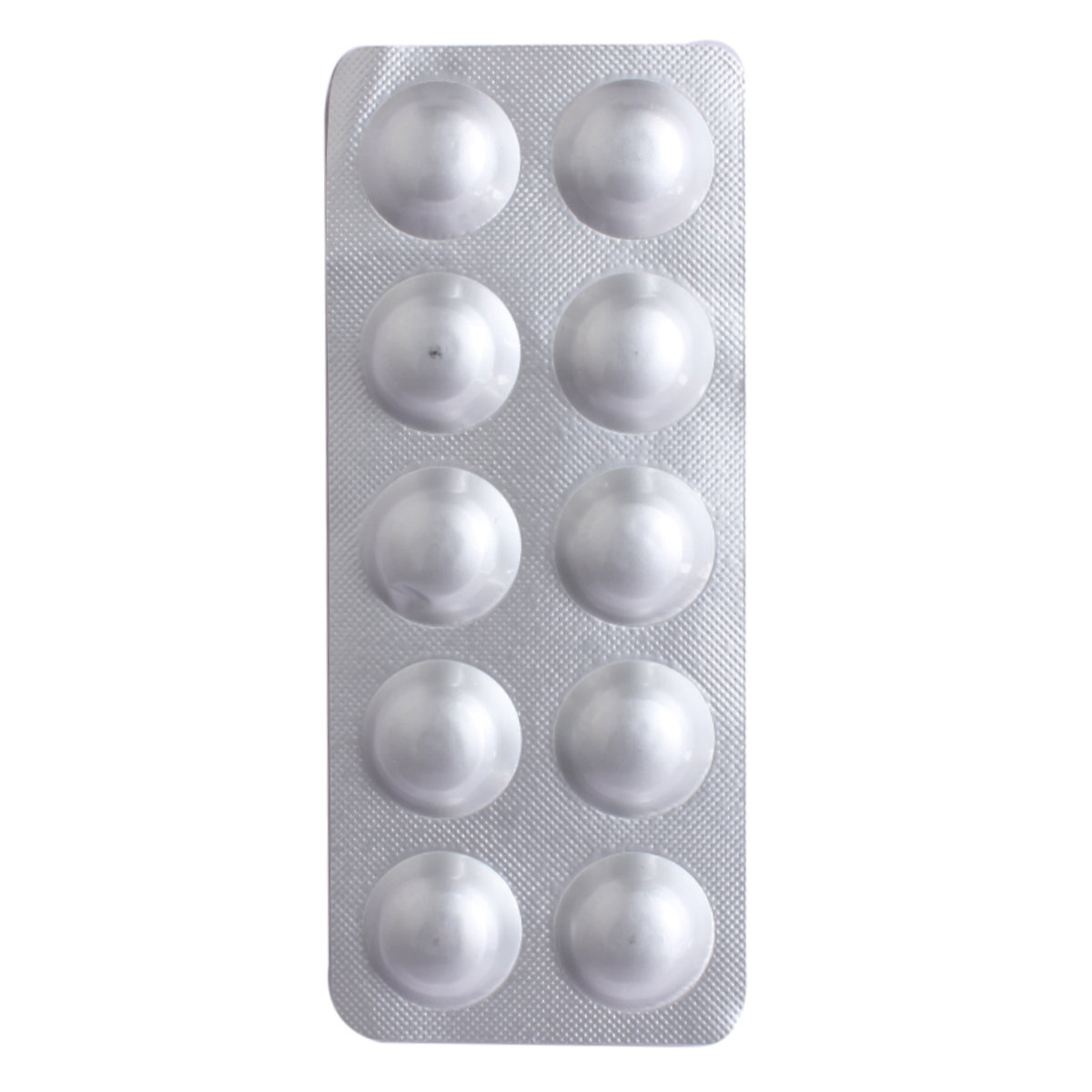
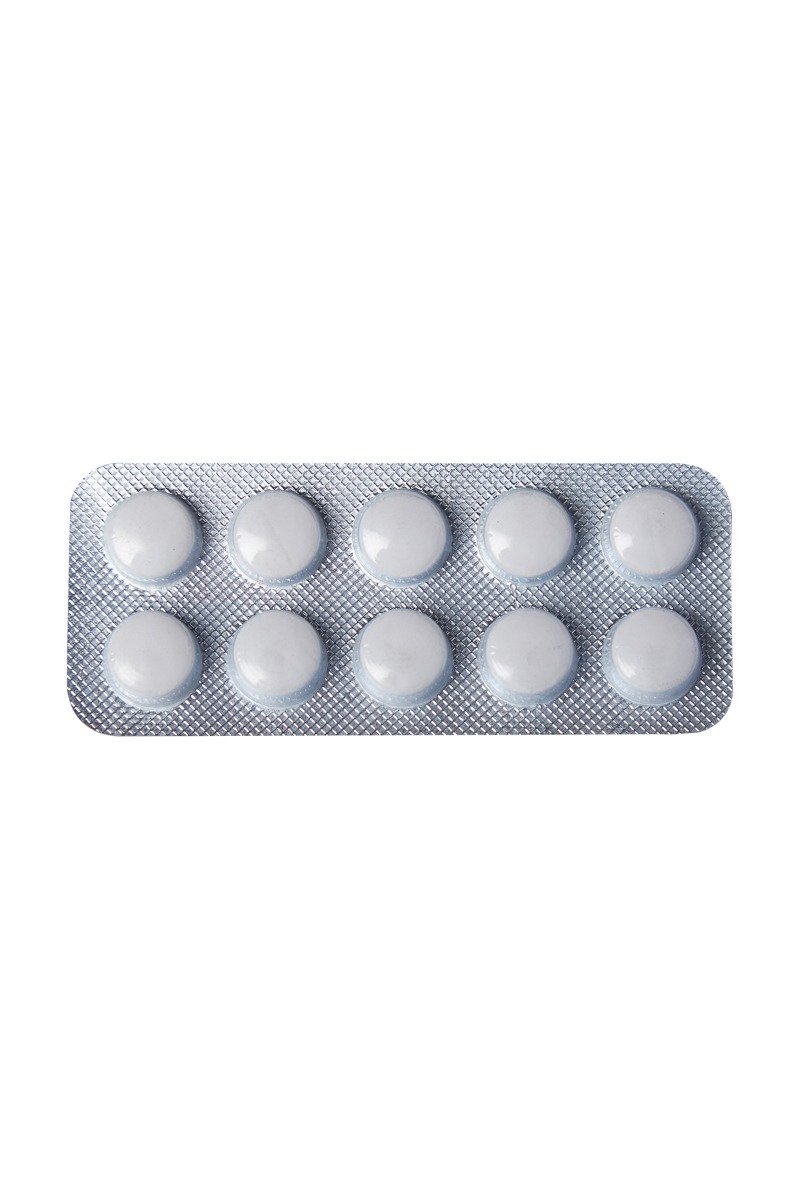
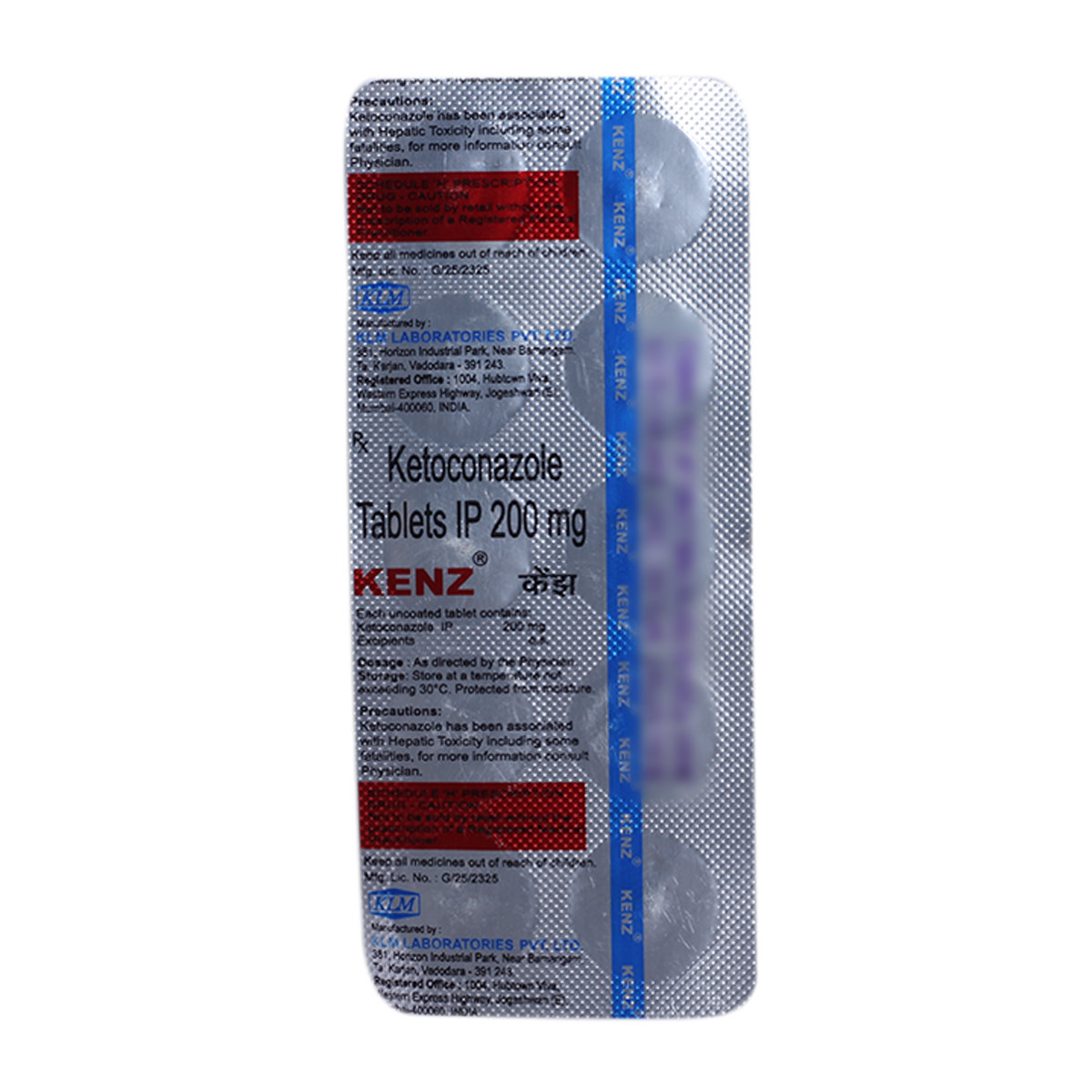

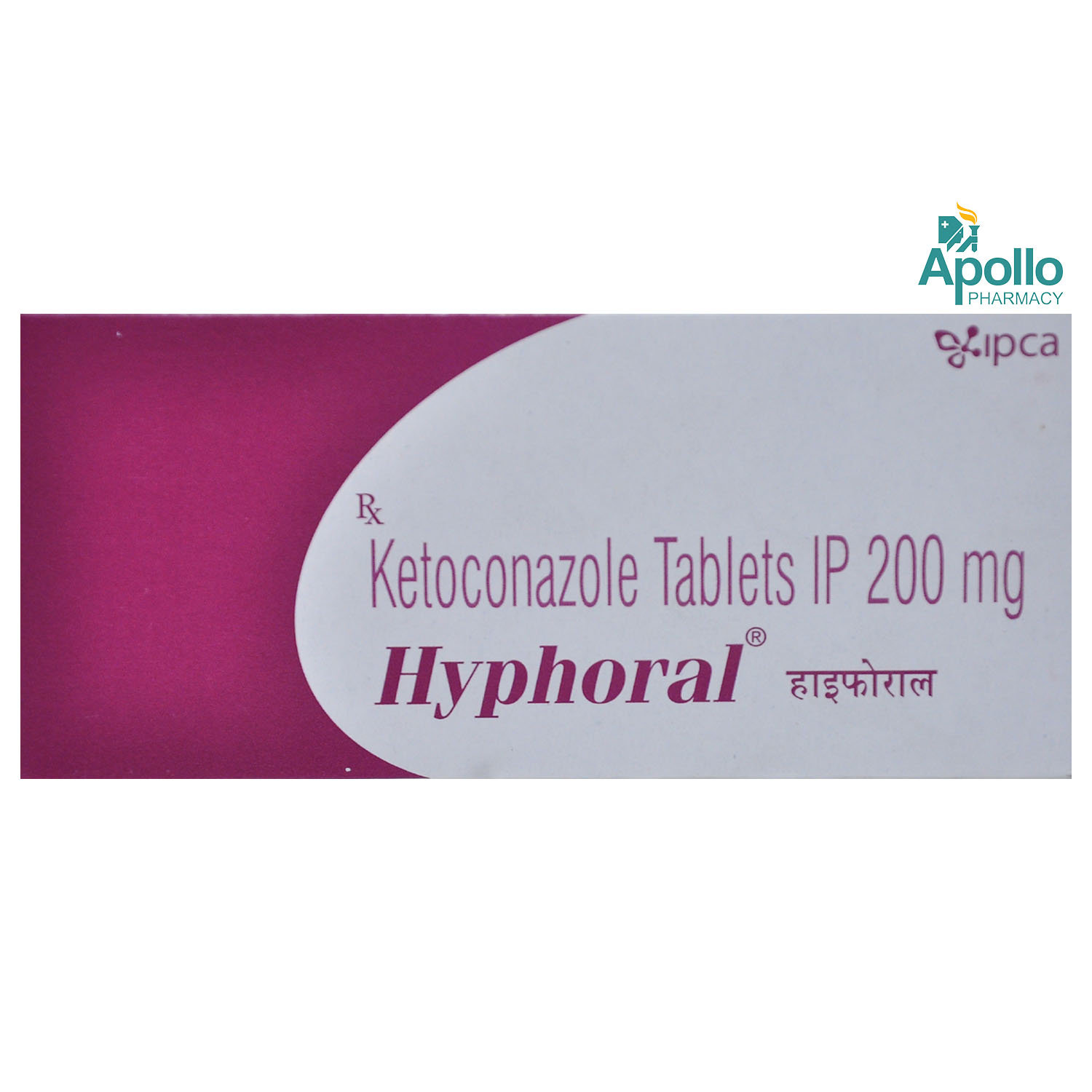
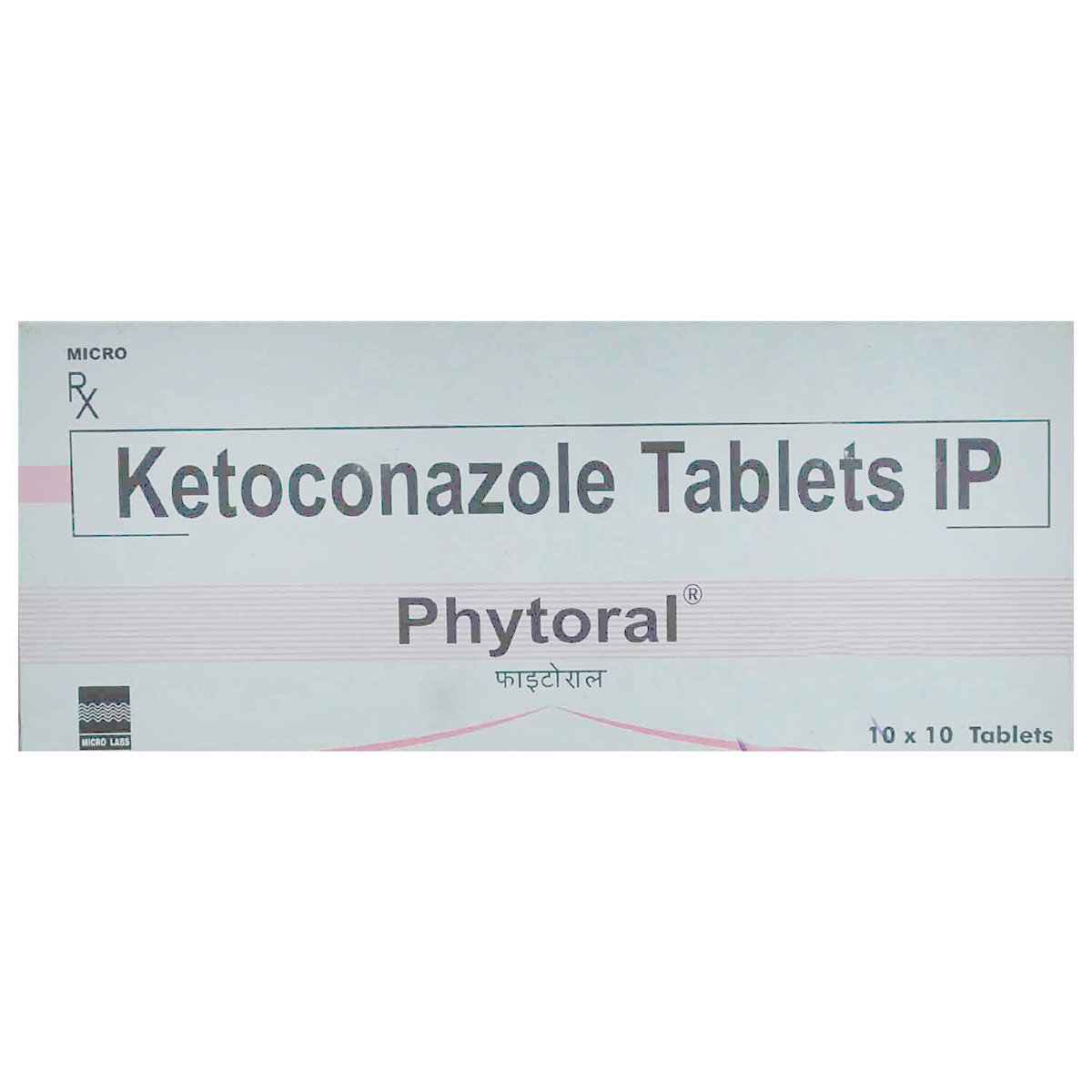
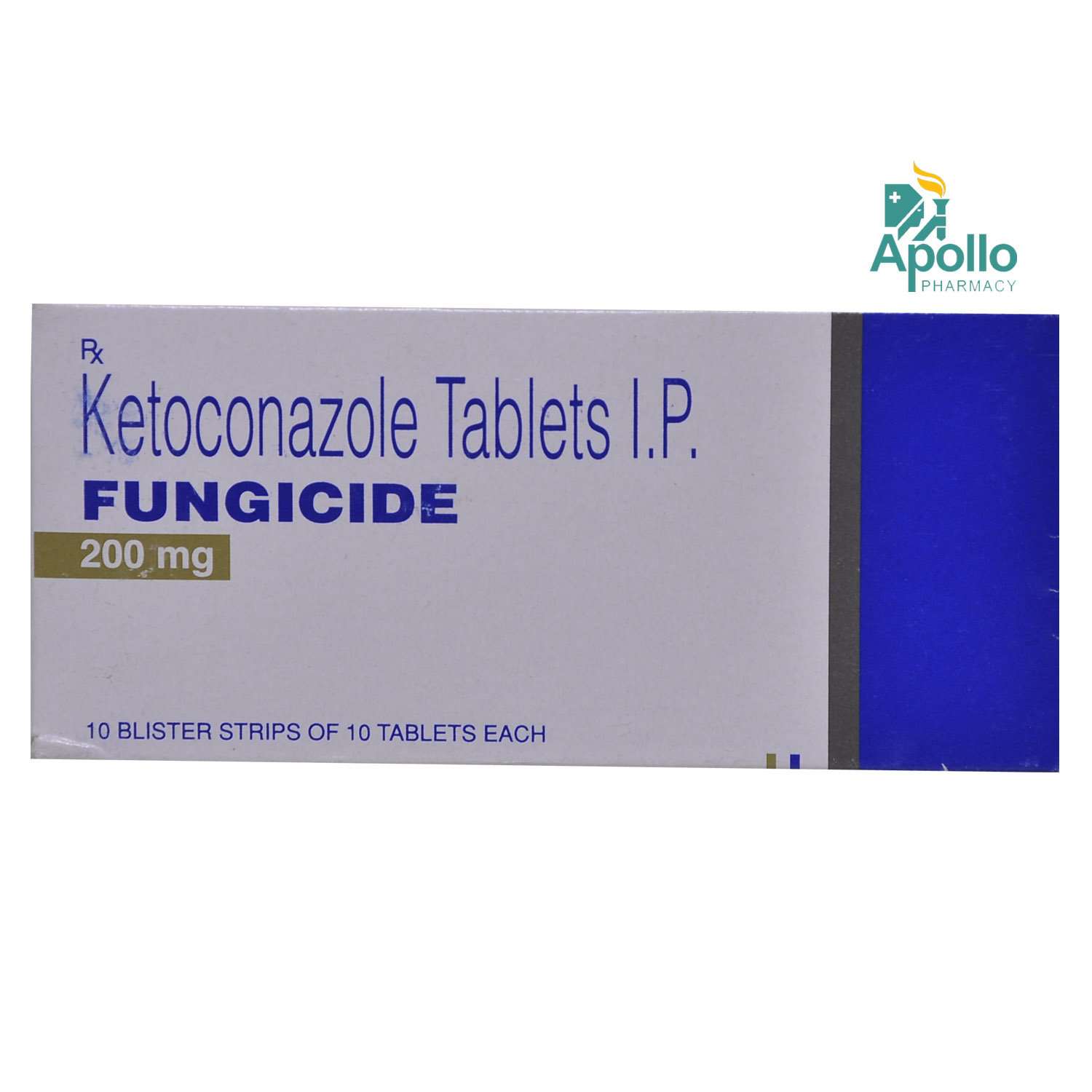


_0.jpg?tr=q-85)
